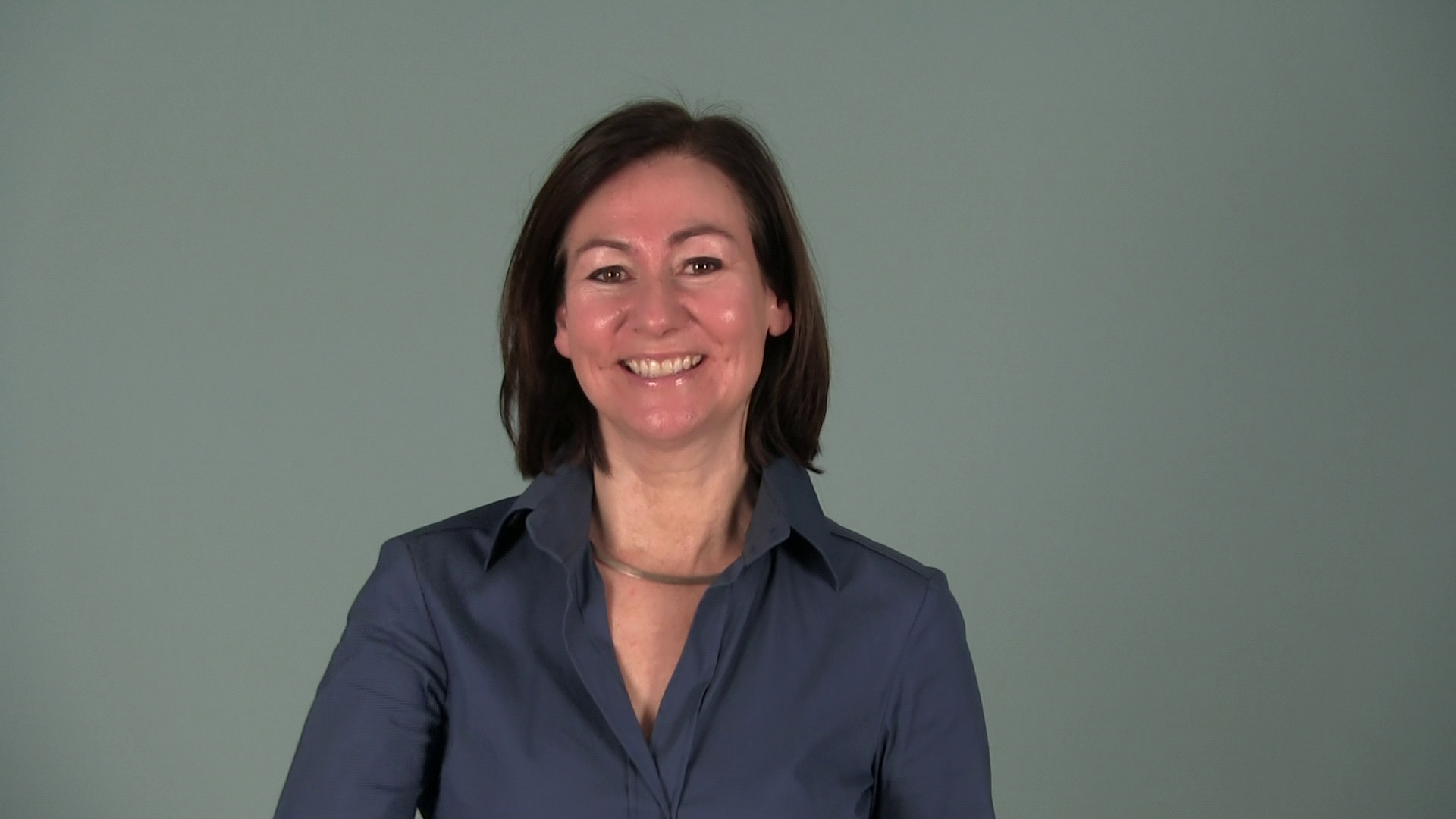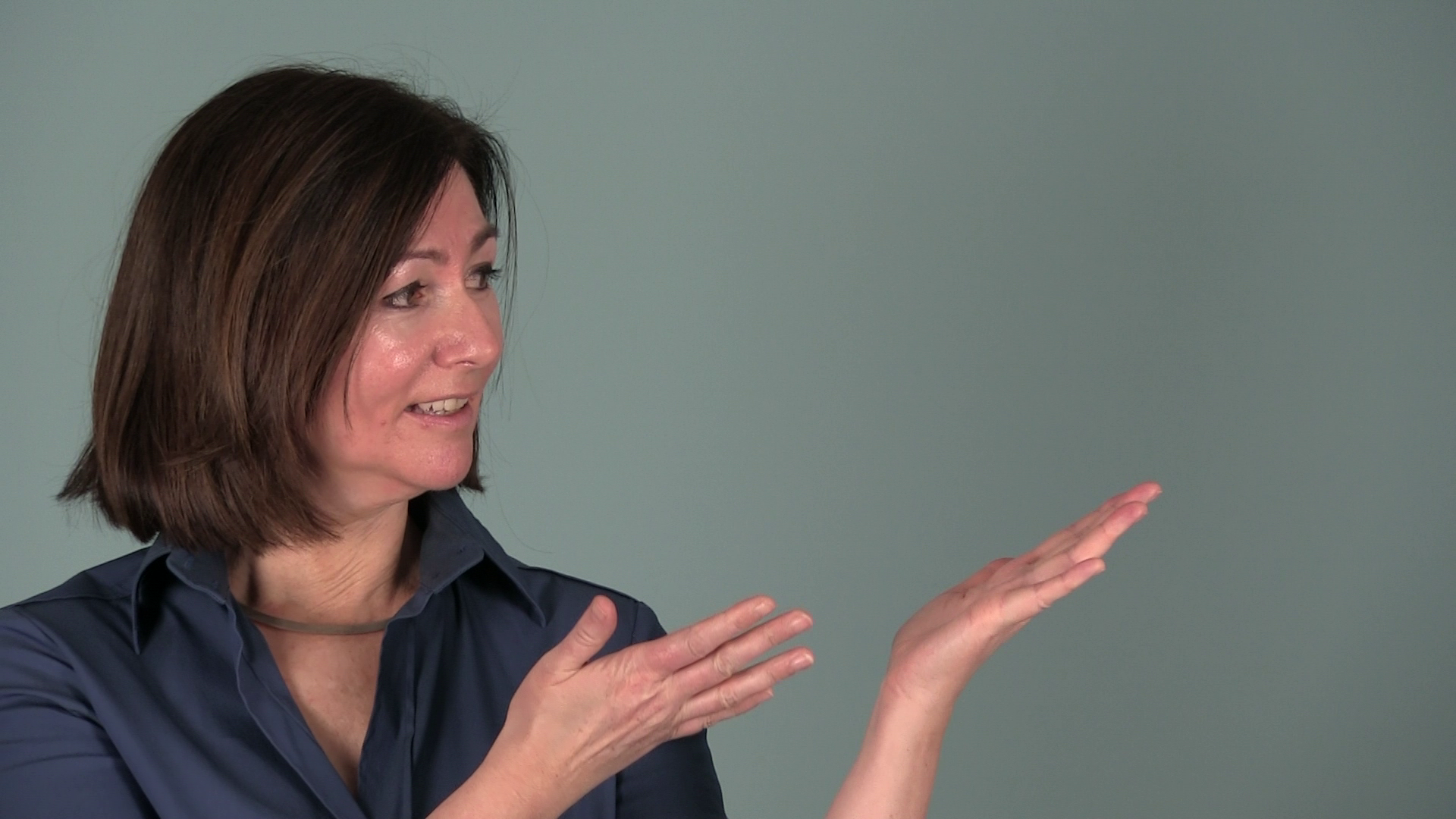“How did he look when he said that?”
“Huh, you mean what he said?”
“No, I mean: did you also look rather than just listen?”
In our conversations, we tend to listen carefully to the other person’s arguments. If you only pay attention to that part, you miss a lot of the conversation. Namely, the Conversation without Words.
What do I mean by that? Body language is already a familiar phenomenon for many. If you start watching, you will be surprised how often people say yes and shake no. A funny phenomenon, but also something that gives you a lot of information about your conversation partner.
There is another component in the Conversation Without Words that we literally ignore. These are our micro expressions, part of our facial expressions.
Note: no one is or becomes a mind reader (thankfully :-). However, you can see more if you start observing micro-expressions.
Micro expressions are our facial expressions that represent our emotions (e.g. surprise or irritation). Professor Ekman, who is considered a pioneer in this field, demonstrated this early on. Micro expressions last less than half a second. So the devil is in the detail! Macro expressions are our facial expressions that are longer than half a second.
Our micro expressions are innate. This was discovered in a study at the Olympics where athletes’ emotions were filmed. As a control group in the study, athletes who were blind from birth were filmed during the Para Olympics. And as it turned out, these athletes showed exactly the same facial expressions when emotions like joy, disappointment etc. were shown as the non-blind athletes. So our facial expressions come from an innate biological system. Neuroscience is now in full swing to investigate this further.
Micro expressions are a reliable source of information, and knowledge about them helps you in all kinds of conversations you have. Think of conversations with your client or employee or deployment in negotiations and Talent Development.
Take a different look and see more!




